Within the framework of the official visit to the Islamic Republic of Iran by National Assembly Chairman Vuong Dinh Hue, in Tehran, the leaders of the Directorate for Standards, Metrology and Quality ( Ministry of Science and Technology ) of Vietnam and the Iranian National Standards Organization (INSO) agreed to sign a memorandum of understanding on cooperation in the fields of standardization, conformity assessment and accreditation, metrology and Halal.
National Assembly Chairman Vuong Dinh Hue and Mr. Mohammad Hassan Sheikholeslami, Deputy Foreign Minister of Iran, witnessed the signing ceremony of the cooperation agreement.
In the coming time, this technical cooperation is expected to contribute to promoting economic -trade relations as well as friendship between the two countries.
Moving towards signing new cooperation agreements
The signing ceremony of the Memorandum of Understanding took place solemnly, witnessed by National Assembly Chairman Vuong Dinh Hue and Mr. Mohammad Hassan Sheikholeslami, Deputy Foreign Minister of Iran.
Mr. Ha Minh Hiep, Deputy Director General in charge of the General Department of Standards, Metrology and Quality (Ministry of Science and Technology) and Mr. Hassan Khanezar, Deputy Minister, Chairman of the National Metrology Center of Iran, represented the two agencies in signing the memorandum of understanding.
Mr. Ha Minh Hiep, Deputy Director General in charge of the General Department of Standards, Metrology and Quality and Mr. Hassan Khanezar, Chairman of the National Metrology Center of Iran signed a memorandum of understanding on cooperation between the two agencies.
The signed bilateral MoU is an important basis for the two sides to carry out practical cooperation activities in the coming time, especially activities related to training, sharing experience in standardization management and conformity assessment of Halal, towards signing mutual recognition agreements between organizations assessing the conformity of Halal products.
Halal products include almost all essential products of life such as: food, beverages, organic foods, pharmaceuticals, cosmetics to service sectors such as: banking, tourism, security, education and training, food services, hotels.
Mainly Halal product lines.
Earlier this year, the Prime Minister issued a Decision approving the project "Strengthening international cooperation to build and develop Vietnam's Halal industry by 2030".
Speaking to Nhan Dan Newspaper reporters accompanying the National Assembly Chairman's delegation, Mr. Ha Minh Hiep, Deputy Director General in charge, said: This is the first project to provide major national orientations on mobilizing domestic and international resources to build and develop the Vietnamese Halal industry in a systematic, professional, and comprehensive manner, helping Vietnamese enterprises participate deeply and effectively in global Halal product production and supply chains.
Opening up the potential Halal market
According to Mr. Ha Minh Hiep, the project creates a new direction in implementing international economic integration, opening up a potential Halal market with a scale of up to 10,000 billion USD worldwide by 2028 and creating new momentum for sustainable economic development of our country, in the context of traditional markets facing many difficulties due to inflation, economic recession, increased technical barriers...
Deputy Director General in charge Ha Minh Hiep said: Along with the Government's orientation, recently the Halal product export market in Vietnam has made some progress, attracting the attention of businesses.
Vietnam's Halal products are quite diverse, including meat, poultry, seafood, nuts, food processing products, cosmetics, pharmaceuticals and many other fields. This facilitates the export of Vietnam's Halal products to Muslim markets.
Among the countries with potential to import Halal products from Vietnam, the Islamic Republic of Iran, one of the largest countries in the Middle East, is becoming an attractive destination for international businesses in the field of Halal products. With a population of more than 83 million people and nearly 99% of the population following Islam, the Halal market in Iran is expanding and becoming promising for traders and manufacturers.
Strict Halal regulations have become an indispensable part of the daily life of Iranian people, from food to cosmetics, pharmaceuticals, fashion, hotel services, restaurants...
This creates favorable conditions for the Halal market to develop strongly and become attractive to international traders.
The main Halal products in the Iranian market include foods such as livestock meat (except pork), poultry products, fish, nuts and processed foods. In addition, Halal cosmetics and pharmaceutical products are also attracting the attention of Iranian people.
Halal products not only ensure safety and compliance with Halal regulations, but also high quality and meet diverse consumer needs.
With great development potential and the increasing trend of Halal product users, the Halal market in Iran is becoming an attractive destination for international businesses, including Vietnamese businesses.
“However, to overcome barriers and succeed in exporting Halal products to this market, Vietnamese businesses need to strictly comply with the regulations and requirements of the host country. Understanding and respecting the local Islamic culture also plays an important role in building sustainable business relationships,” Mr. Ha Minh Hiep stated.
Promote bilateral cooperation opportunities
Currently, the Iranian Government has applied many preferential policies to promote the import of Halal products into the country.
Investment incentive programs, import tax reductions, infrastructure improvements and promotion of international economic cooperation are helping facilitate Vietnamese businesses in accessing the Iranian market.
Standards and quality are important and effective tools to bring Vietnamese Halal products to the world market, including Iran.
“Currently, Vietnam is gradually perfecting the Halal standards system on the basis of harmonization with the Halal standards of Muslim countries, which are the main export markets of Vietnamese enterprises,” said the Deputy Director General of Standards, Metrology and Quality.
Deputy Director General in charge of the General Department Ha Minh Hiep added: The General Department of Standards, Metrology and Quality (Ministry of Science and Technology) is urgently researching and coordinating with relevant ministries, branches, localities and organizations to develop a project to establish a National Halal Certification Center to promote Halal certification activities in Vietnam.
Leaders of the General Department of Standards, Metrology and Quality had a working session with partners and relevant agencies of Iran during the official visit to the Islamic Republic of Iran by National Assembly Chairman Vuong Dinh Hue.
Completing the standards system and establishing a national Halal certification agency are important technical measures to bring Vietnam's Halal products to better access the global Halal market in general and the Iranian Halal market in particular, contributing to increasing the value of Vietnam's agricultural product chain.
It is known that the Iranian Government has applied many preferential policies to promote the export of Halal products into the country.
Investment incentive programs, import tax reductions, infrastructure improvements and promotion of international economic cooperation are helping facilitate Vietnamese businesses in accessing the Iranian market.
VAN NGHIEP CHUC, Photo: VU TU QUYEN/NHAN DAN NEWSPAPER
Source


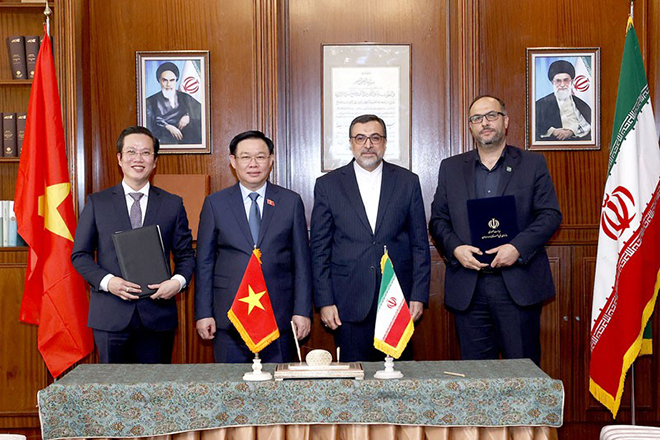
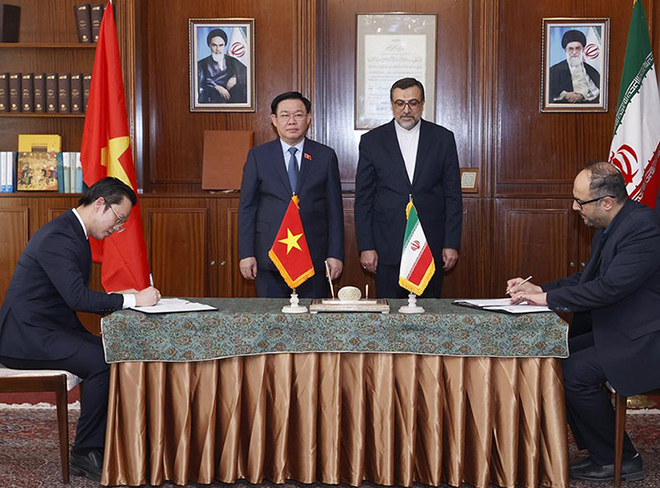
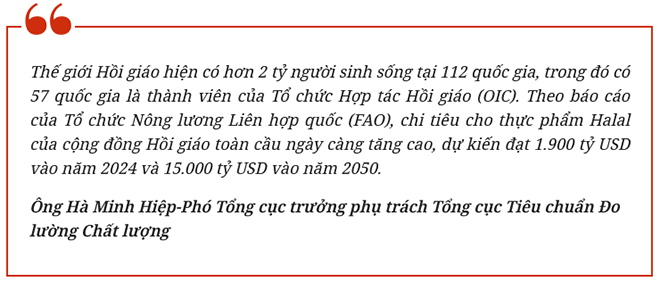
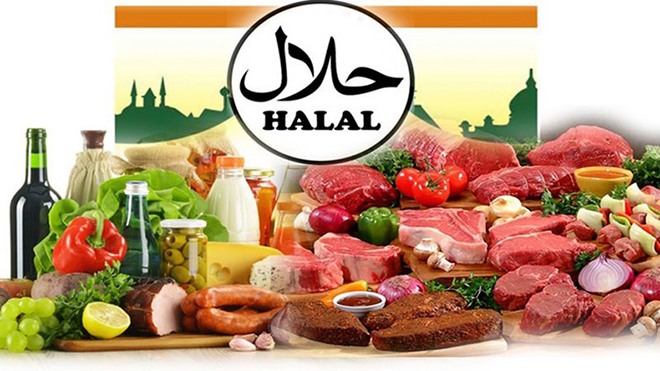
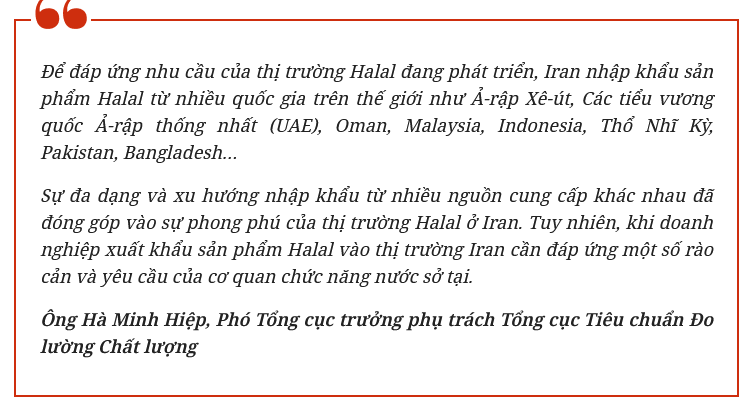
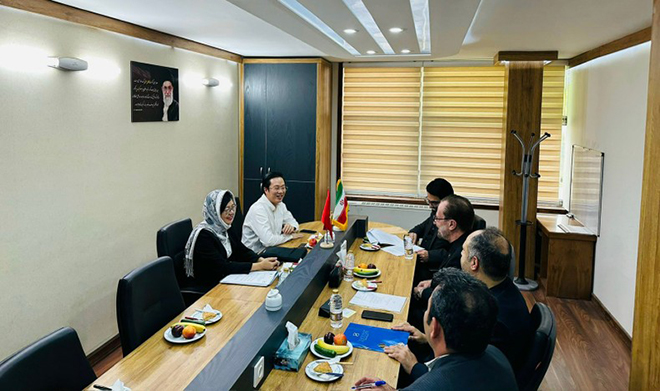
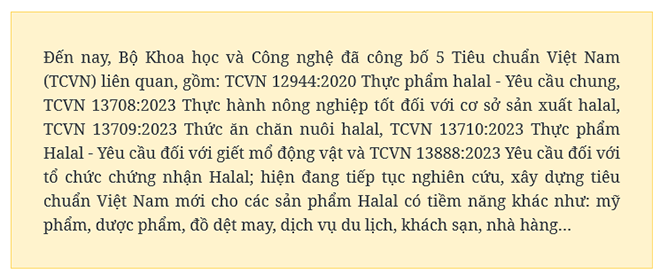

![[Photo] Prime Minister Pham Minh Chinh meets with Hungarian President Sulyok Tamas](https://vphoto.vietnam.vn/thumb/1200x675/vietnam/resource/IMAGE/2025/5/29/dbcaa73e92ea4448a03fe1d0de6d68e8)
![[Photo] Prime Minister Pham Minh Chinh receives leaders of Excelerate Energy Group](https://vphoto.vietnam.vn/thumb/1200x675/vietnam/resource/IMAGE/2025/5/29/c1fbe073230443d0a5aae0bc264d07fe)

![[Photo] Vietnamese and Hungarian leaders attend the opening of the exhibition by photographer Bozoky Dezso](https://vphoto.vietnam.vn/thumb/1200x675/vietnam/resource/IMAGE/2025/5/29/94d8ceca5db14af3bf31285551ae4bb3)

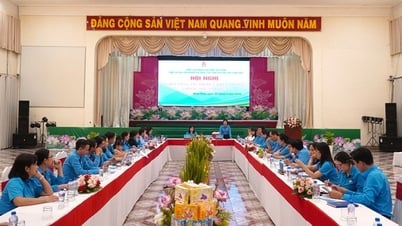
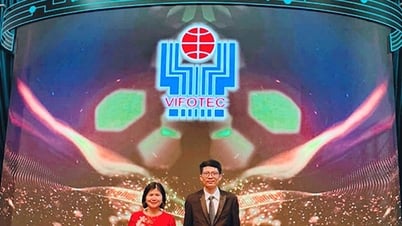
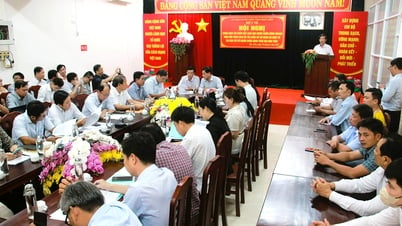
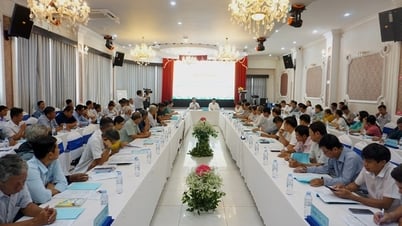
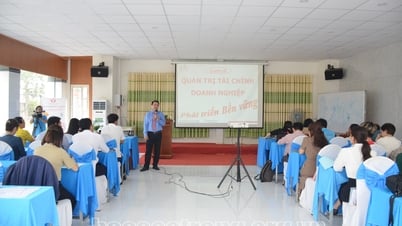

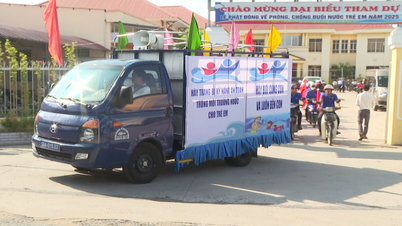




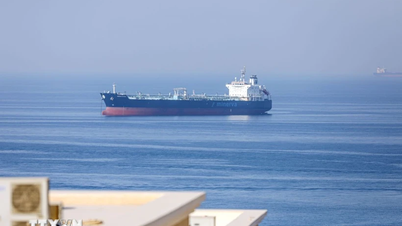

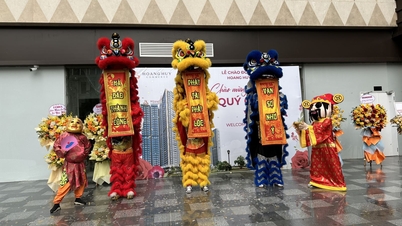


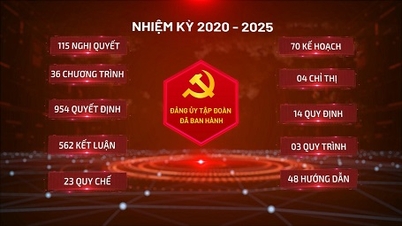




























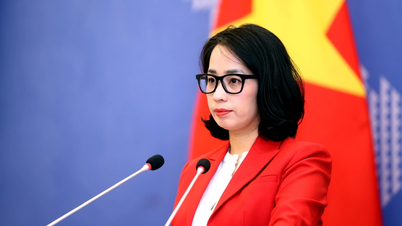


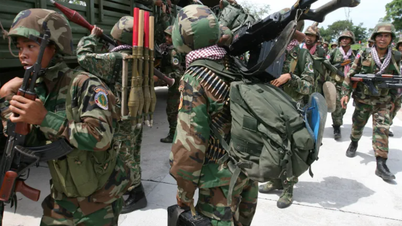
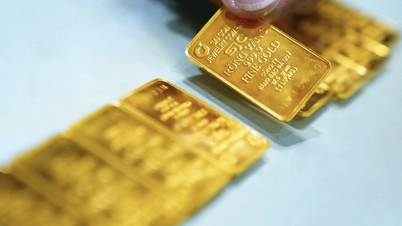



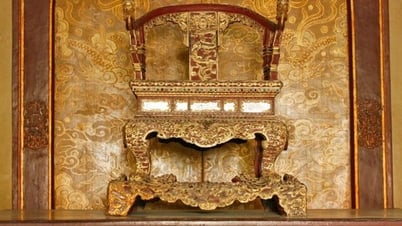
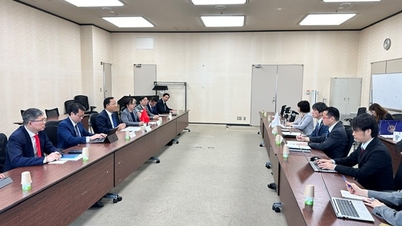

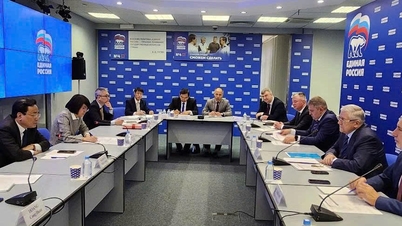

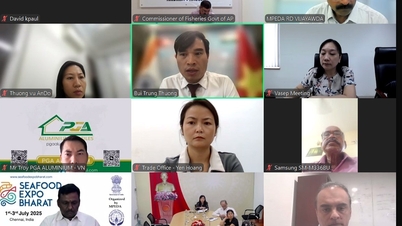

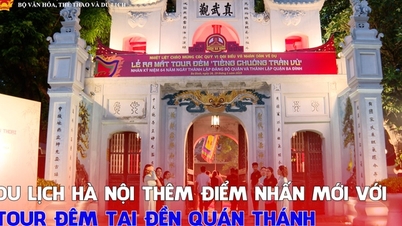
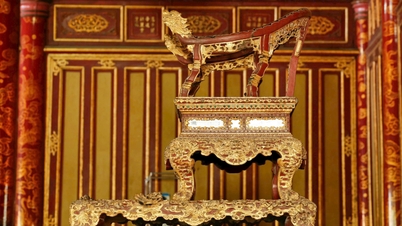



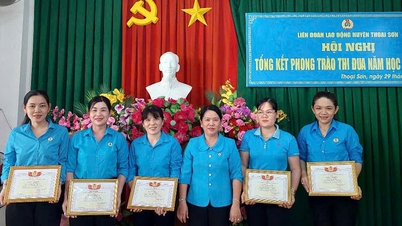

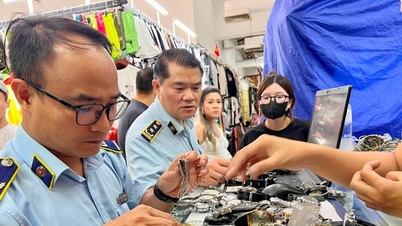

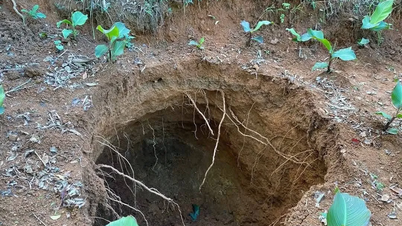
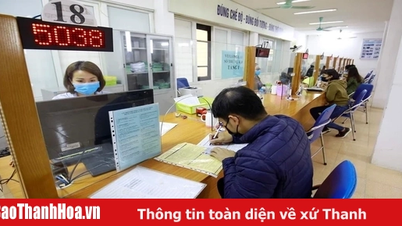

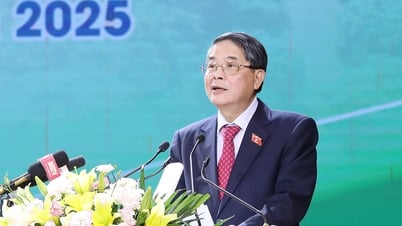











Comment (0)